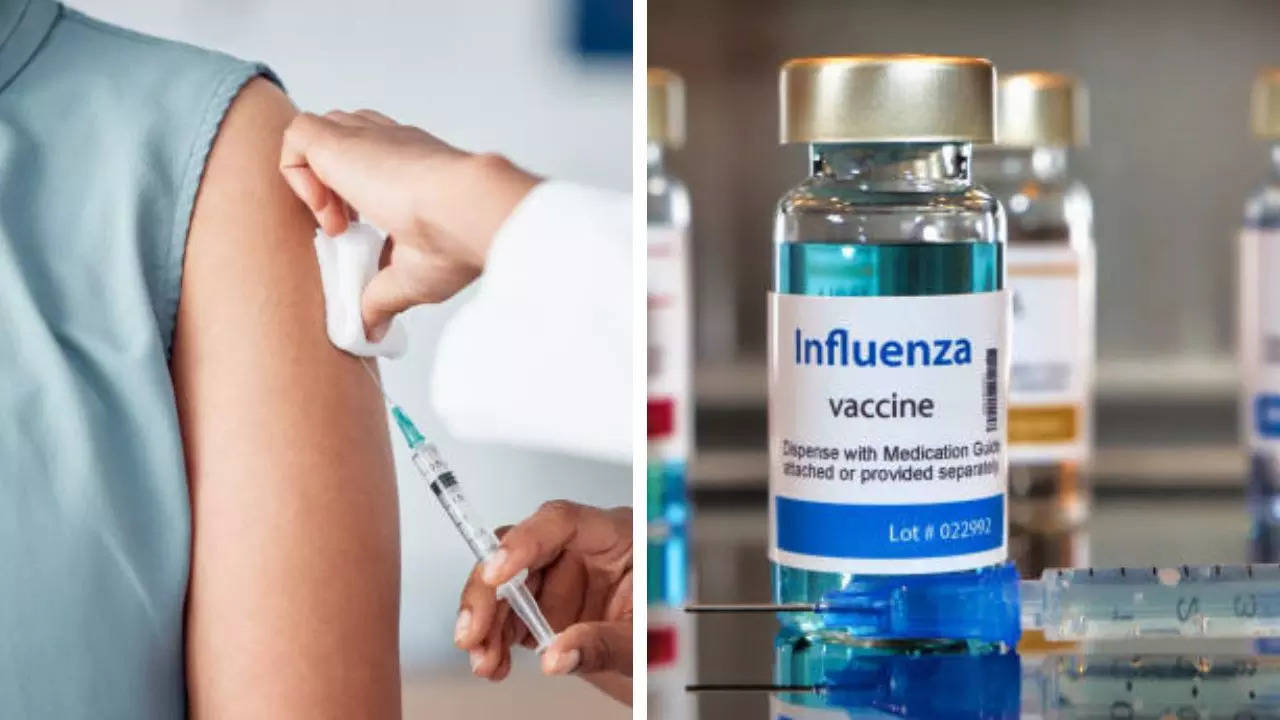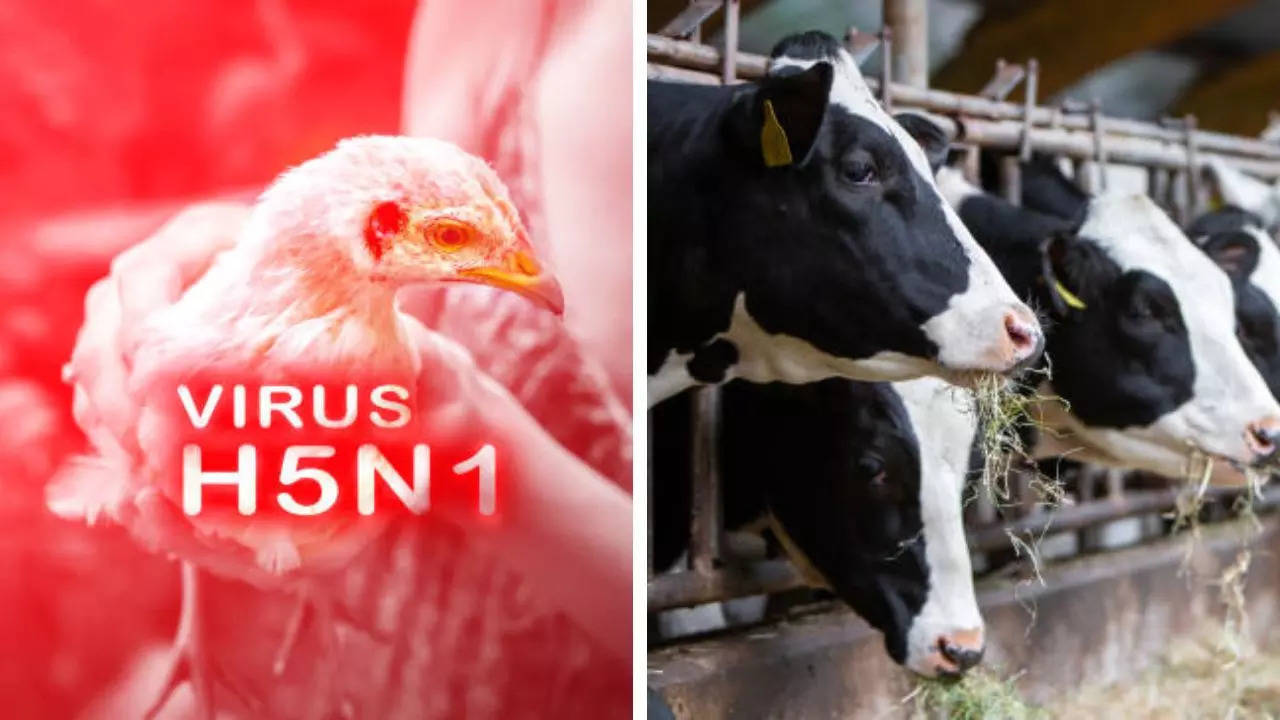
The efficacy of this year's influenza vaccine has been reported to be lower in South America than the last, according to the Centers for Disease Control and Prevention. The health body is now taking clues from this on how much protection the shots would give to people in the US this year.
The success of the annual vaccine was 34.5 per cent against hospitalization, according to interim estimates from CDC's Morbidity and Mortality Weekly Report, among high-risk groups like young children, those with underlying health conditions, and older adults. This means that vaccinated people in these two groups were less likely than unvaccinated people to get sick enough to go to the hospital.
Last year, the CDC had estimated that vaccine potency in South America was 51.9 per cent against hospitalization among at-risk groups. According to studies, from 2013 to 2017 estimated effectiveness was around 43 per cent for fully vaccinated young children and 41 per cent for older adults.
Related News | 
Is Lingering Flu A Symptom of Heart Failure? Know The Best Way To Protect Your Cardiac Health, According To Experts

US Restarts Free COVID-19 Test Program Ahead Of The Upcoming Respiratory Virus Season
Every year, scientists update the flu vaccine based on their estimate about what formula will be a good match against a constantly evolving virus.
The data was consolidated from South American nations including Argentina, Brazil, Chile, Paraguay, and Uruguay.
Why has the flu vaccine efficacy come down? Related News | 
California Confirms Two Dairy Workers Infected With H5N1 Bird Flu, Latest Human Cases in The US
Experts say the drop in potency of the vaccine could be due to fewer cases from the A(H1N1) pdm09 – a strain that has spread since the H1N1 swine flu pandemic in 2009. In the past, flu vaccines have usually done better against H1N1 than H3N2.
According to the World Health Organisation, there were a lot of diagnoses of H3N2 subtypes of flu this year as compared to the usual H1N1 strain which dominates the region. However, experts say if there are similar patterns of the strain in the Northern Hemisphere, authorities may anticipate similar levels of protection.
CDC says that the effectiveness of the vaccine for H1N1 has been within the range of previous seasons. "Overall, flu vaccination reduced the risk of hospitalization by about one-third, which would have a significant impact on disease burden. Receiving a flu vaccine can offer significant protection against severe outcomes," CBS News quoted David Daigle, the CDC spokesperson.
Countries in the Southern Hemisphere experience their flu season before the Northern Hemisphere, providing a glimpse of the upcoming flu season – even though it is not fully predictive of what may occur in each individual country.

